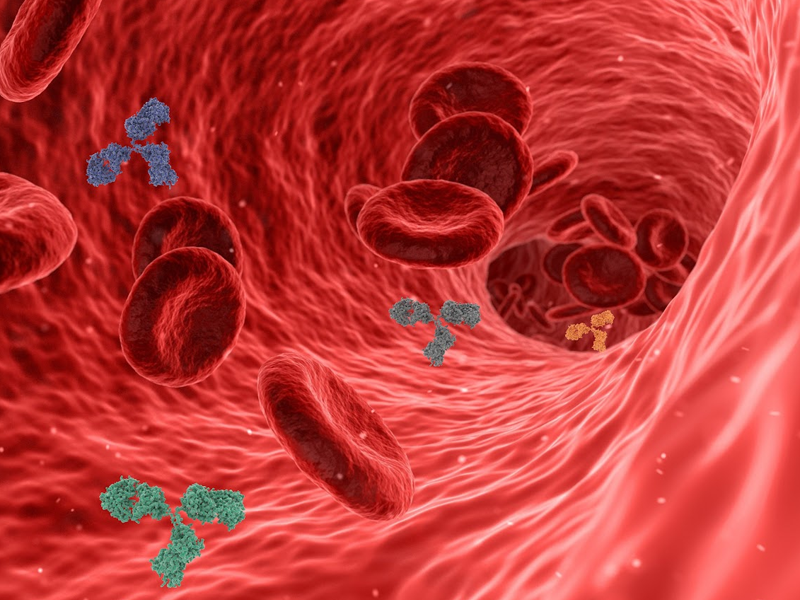Immunodeficiency Disorders
Immunodeficiency problems make it difficult for your body to fight infections and diseases. This condition makes it easier for you to contract viruses and bacterial diseases.
Immunodeficiency disorders can be inherited or acquired. A congenital disorder also referred to as a primary disorder, is one that you were born with. An acquired disorder, also known as a secondary disorder, is one that develops later in life. Acquired disorders outnumber congenital disorders.
The following organs are part of your immune system:
Spleen, tonsils, bone marrow, and lymph nodes are all examples of organs.
These organs are responsible for the processing and release of lymphocytes. These are white blood cells known as B and T cells. B and T cells fight antigens, which are intruders. B cells create antibodies that are specific to the illness that your body recognizes. Certain T cells are responsible for the destruction of foreign or abnormal cells.
Antigens that your B and T lymphocytes may be required to fight include:
Bacteria, viruses, cancer cells, and parasites are all examples of pathogens.
Immunodeficiency disorders interfere with your body's ability to defend itself against these antigens.

